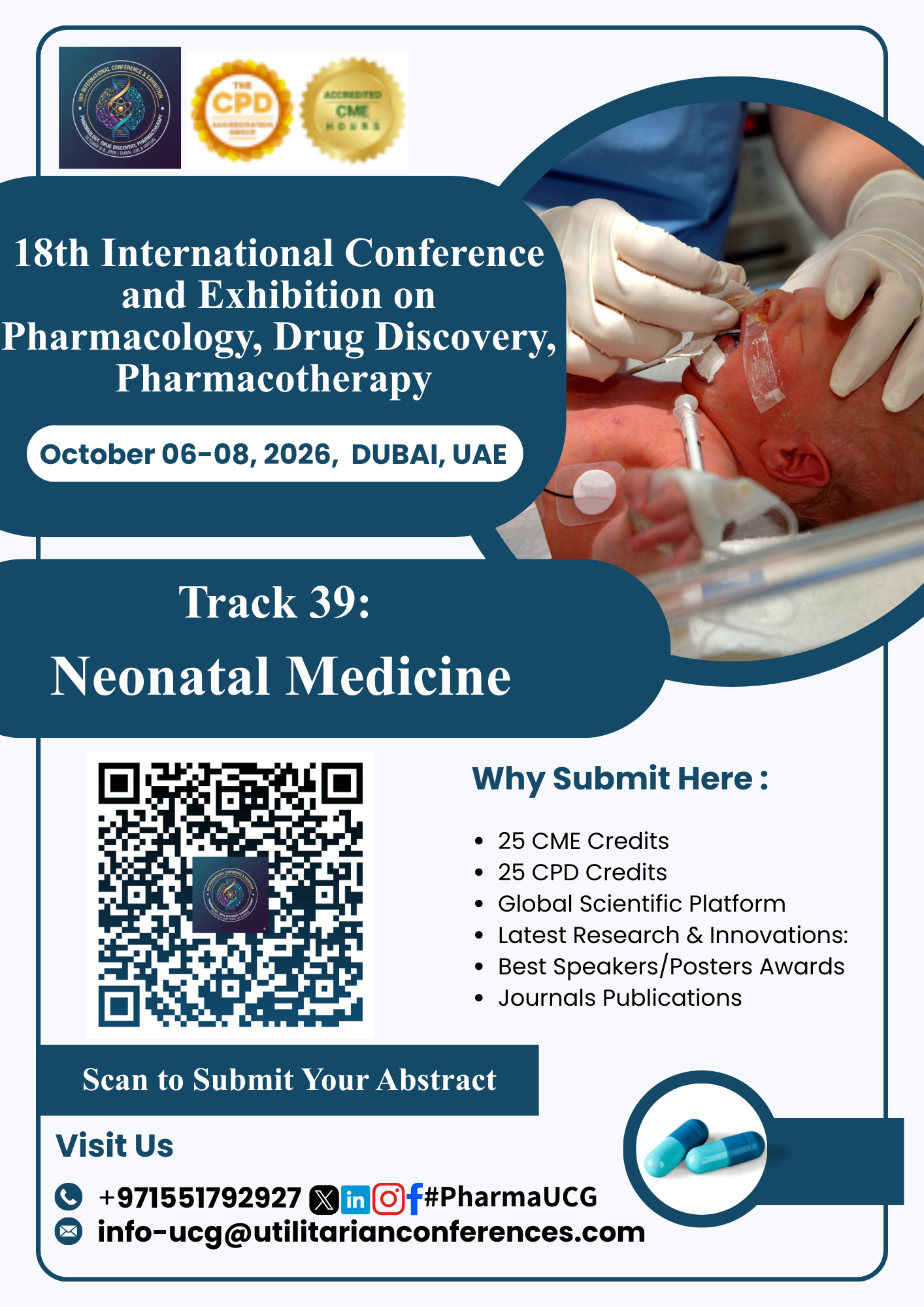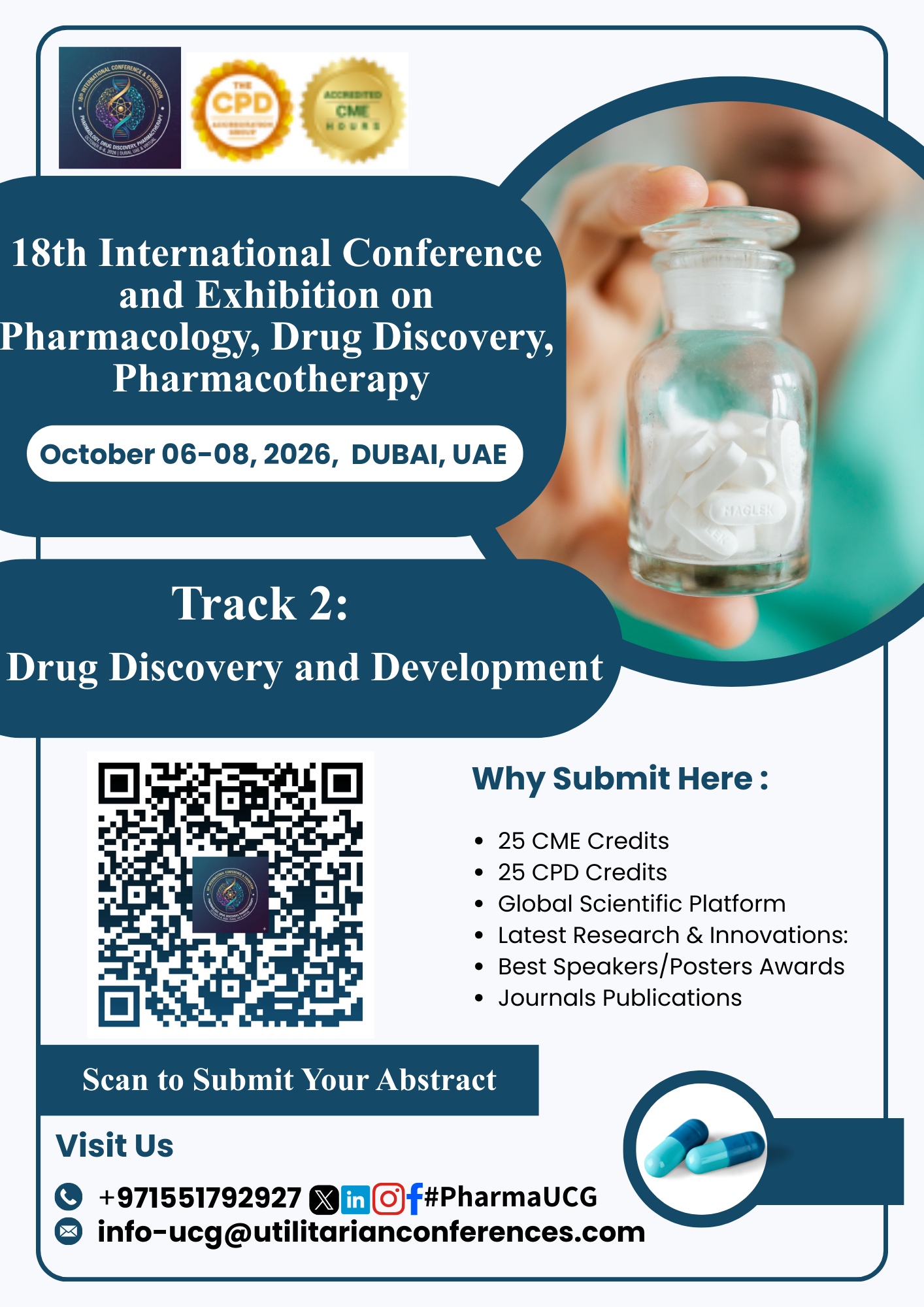



The term "pharmaceutical" refers to anything related to the...

Drug discovery and development is the complex and multi-step process of creating new...

Neonatal Medicine is a specialized branch of pediatrics focused on the medical care of newborn infants, particularly those who are ill or born prematurely. It addresses the complex health needs of neonates during the first 28 days of life—a critical period of development and adaptation outside the womb.
Neonatal medicine encompasses the diagnosis, treatment, and management of a wide range of conditions, including respiratory distress, infections, congenital abnormalities, metabolic disorders, and complications arising from prematurity or low birth weight. Care is often delivered in Neonatal Intensive Care Units (NICUs), where advanced technologies and multidisciplinary expertise ensure the highest standard of support for vulnerable newborns.
This field combines cutting-edge research, compassionate care, and rapid medical response, playing a vital role in improving neonatal survival rates and long-term health outcomes.